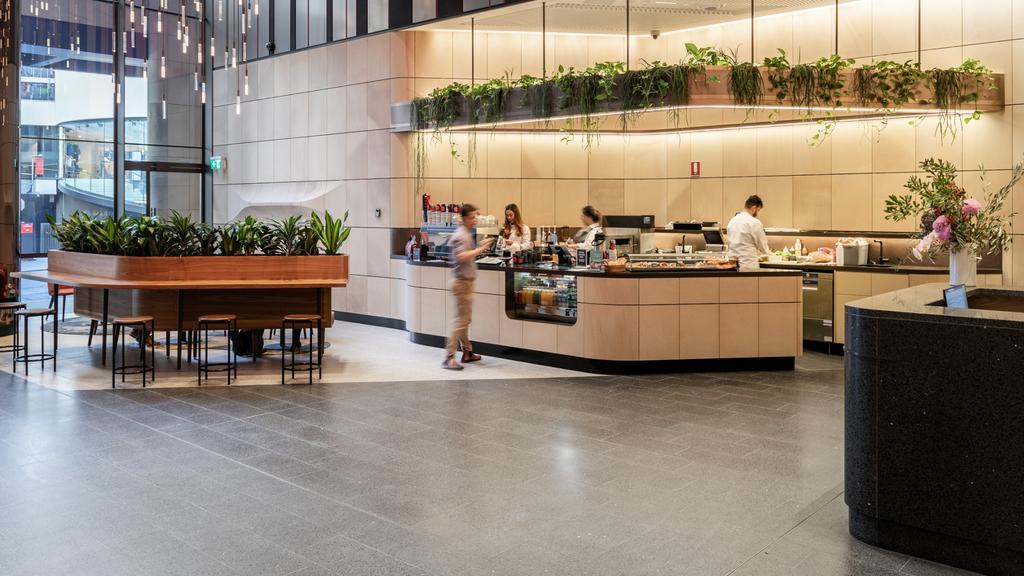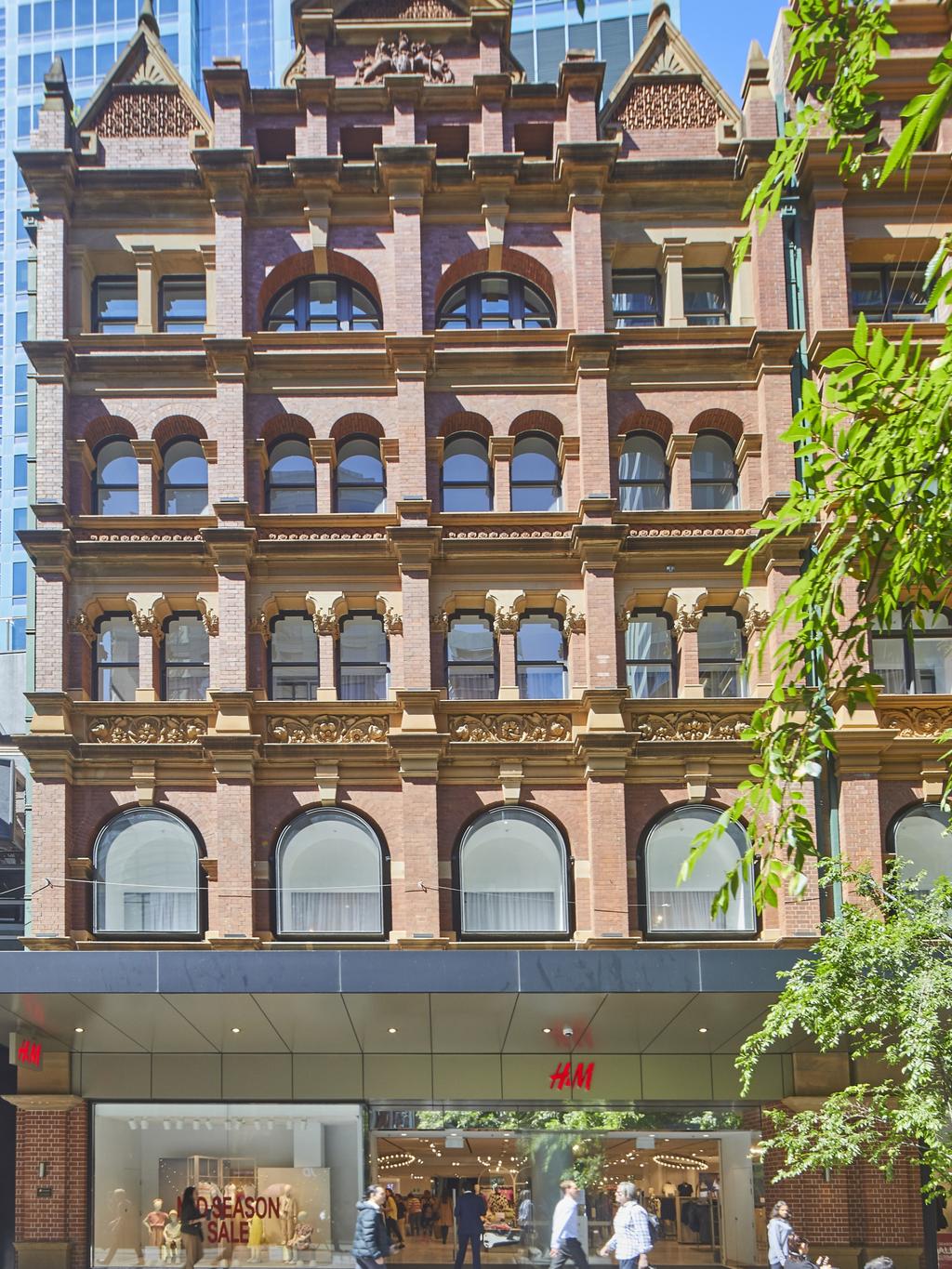Japan’s Daibiru Corporation buys Sydney site for $600m

Investa Commercial Property Fund is selling a 50 per cent stake in 135 King Street, Sydney.
Japanese investors are continuing to dominate the buying of city office towers, with Daibiru Corporation snapping up a tower on Sydney’s King Street for about $600m in the biggest transaction this year.
It comes amid a rush of deals by groups from Japan, including investment firm MEC Global Partners Asia taking a slice of the $2bn Salesforce Tower in Sydney. Both deals are a marker for premium office values as the cycle shows signs of recovery.
The tower, at 135 King Street, was sold by Investa’s flagship office fund. It shows large Japanese firms are still keen on Australia, with smaller players tipped to join the rush.
The transaction will see Daibiru buy the office block, which includes a retail complex housing H&M, from the unlisted Investa Commercial Property Fund. Investa will stay as investment and property manager.
Investa chief investment officer Adam Crowe said the partnership with Daibiru begins a new chapter for the complex. “The sale from ICPF to Daibiru demonstrates the interest in well-located, quality assets in Sydney’s CBD,” he said.

The building houses a H&M outlet.
Daibiru cited the A-grade building’s prime location in the CBD, noting it faces Pitt Street Mall, one of the largest shopping streets in the southern hemisphere, and it is surrounded by luxury brand stores and large commercial facilities.
“This unique environment has established the property as a top-tier corporate and retail destination. Additionally, the property boasts excellent accessibility, located within a five-minute walk to major transportation hubs, including the Sydney Metro, light rail, and train lines,” Daibiru said.
The property is tenanted by companies, government agencies, and the renowned fashion brand, and maintains high occupancy rates. It traded on a yield of about 6 per cent.
Daibiru has been active in Australia since 2018 when it bought the development project 275 George Street in Sydney, which is now fully occupied. In 2023, it expanded into Melbourne and it is currently developing an office building with listed group Mirvac.
Knight Frank’s Ben Schubert, Paul Roberts and Jonathan Vaughan and JLL’s Luke Billiau, James Barber and Kate Low handled the offer.
Corporate Japan has dominated recent buying, capitalising on its ability to borrow cheaply at home and investing at higher yields in Australia.
Japanese companies have expanded beyond offices and have struck up capital partnerships with big property companies in fields ranging from logistics real estate to built-to-rent towers.
The advantage large Japanese companies have via a low cost of capital has seen them become critical investors in almost all sectors of property and they have emerged as partners of big companies ranging from Lendlease, Stockland and Mirvac.
Corporate Japan’s return to Australian property is much more measured than in the 1980s. This time they are avoiding risky resort-style projects and making longer-term purchases of safer assets which spin off more certain returns, with a focus on offices and warehouses, while also backing residential developments by local groups.
In March one of Sydney’s longest running property sagas, the redevelopment of the former Balmain Leagues Club site, took a final twist when local developer PERIFA, backed by an offshoot of Japanese trading house Mitsubishi, bought the project.







